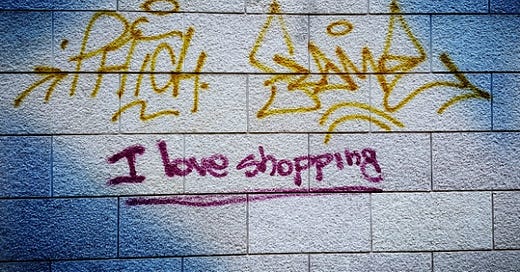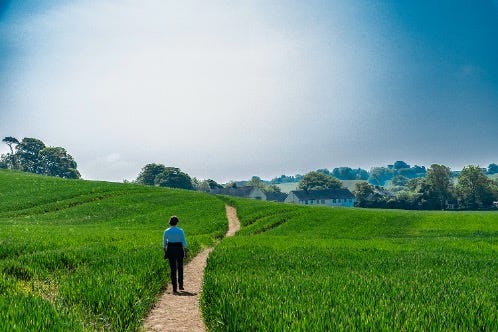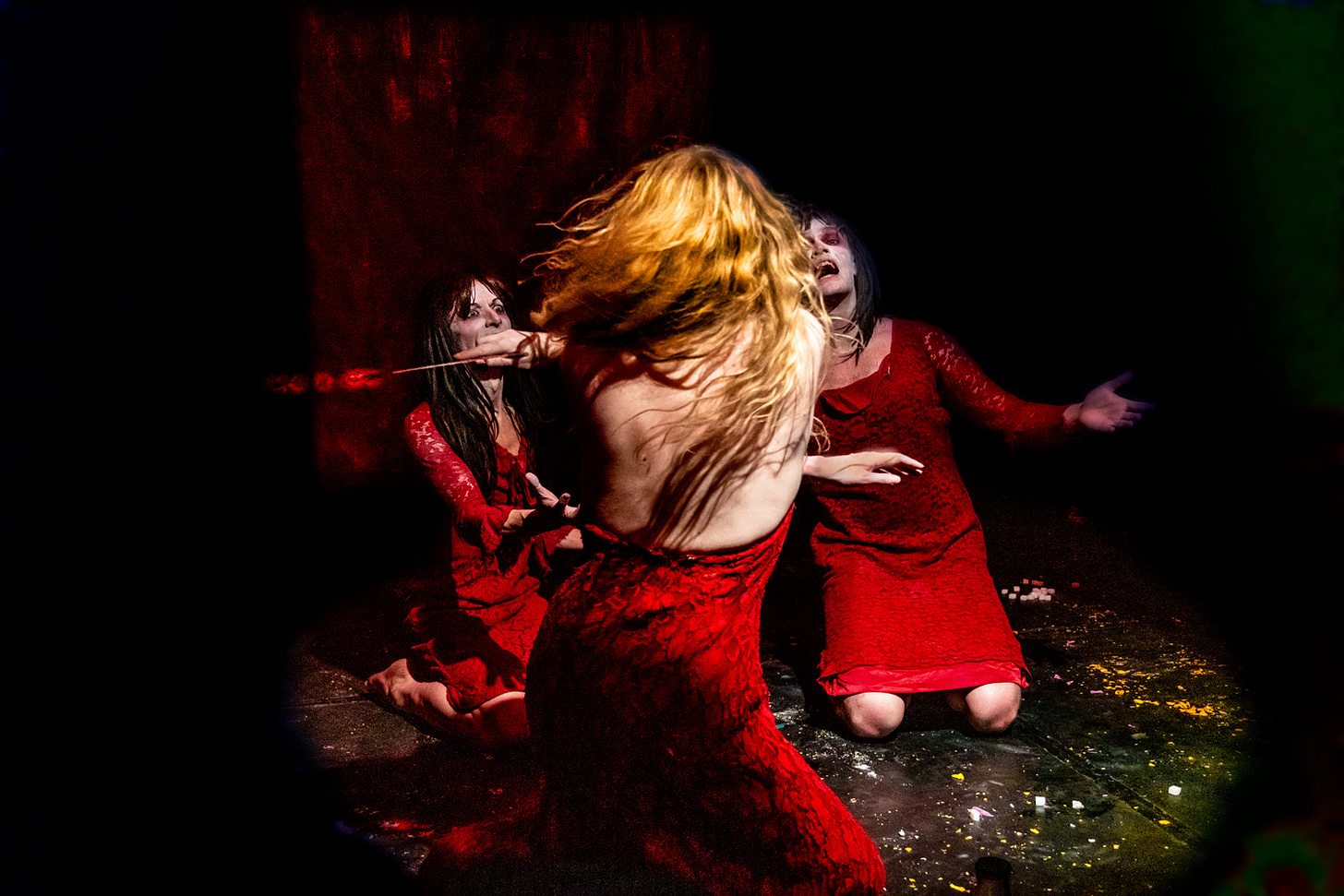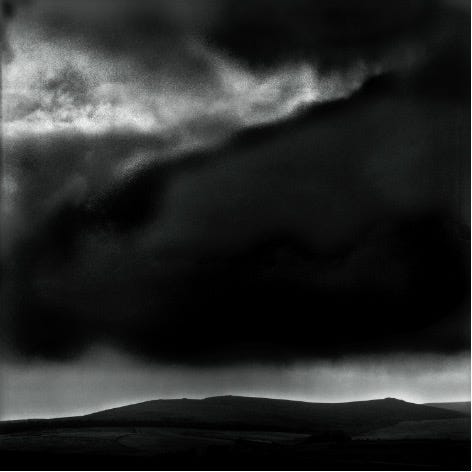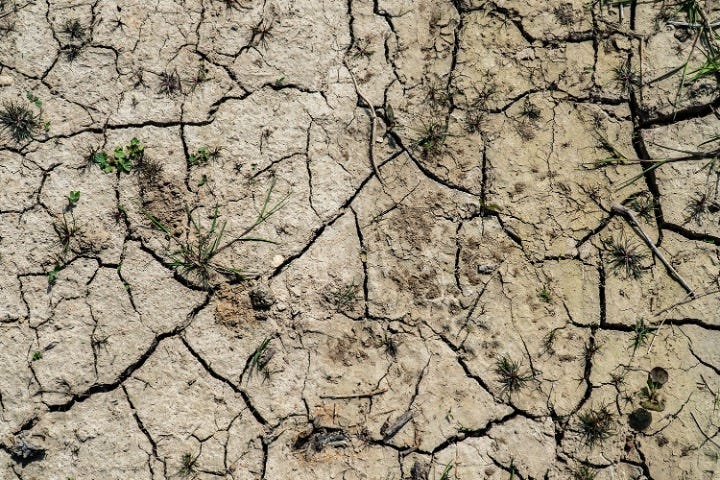This is the beginning of this two part essay,
as it’s too long for a single read.
These ideas are imbedded in our cultures,
arising from several dynamics.
The first is that the present dominating capitalist ideology,
neoliberalism, runs the unfair economy
which has turned many of us into wage slaves.*
To convince us to accept things as they are,
they have manipulated culture for the last 40 years,
using it to atomise us (to separate us by race, age, culture, religion etc)
They have fostered our suspicion of unions, of our neighbours
and of joining any kind of movement for change.
At the same time they have encouraged us to think of material things
as being more rewarding than kindness towards others, than nurturing love,
than embracing a simpler life, thus turning us into consumers.
In this they have removed our identity as citizens of a democratic state,
and recreated us as consumers in an oligarchic** state.
Remember Thatcher’s TINA doctrine, meaning There Is No Alternative.
This makes their control and our conditions seem an inevitable consequence
of our actions or perhaps of some fate.
It also means that people lose faith and hope in the possibility
of real change in their circumstances.
This vulnerability leads to the Modi’s, Trumps, Orbans of the current period,
as they offer false hopes to the mass of unhappy people.
In other words, this leads to fascism.
How do we respond?
Science tells us how life and things around us work
from the economy to junk food.
Art helps us to understand how life feels and models how life can be.
Art offers ideas, dreams, hope and transformations.
Feeling curious is the originator of thinking and asking questions.
This is a story of the French philosopher and novelist
Jean Paul Sartre and the shoe.
For an artisan to be curious, then to want and need to make a shoe
he/she must first conceive of its need and function,
and then imagine how it can be designed
out of what appropriate materials
before he/she makes the shoe.
The imagined conception of its need must exist
before the picture/medicine/relationship/shoe etc. can exist.
In other words, a dream/vision must exist before the thing itself exists.
We need to wish for a better future.
We do this in part by understanding the present and its consequences
sufficiently to stir disquiet in ourselves and others.
Below there are 10 ideas, some fresher than others,
but all are relevant to change.
A few are entering the broader culture
and all need to be embraced by those who wish for change.
1
First we need to acknowledge the earth is dying;
we need to accept that others also recognise that.
Then we need to join together to discuss and in particular to express
what we imagine the future should be.
We need to dream the future and actively challenge the present.
2
There are essential things that need to be accounted for:
a. That the areas we can exert some control and choice over
are transport, energy, waste, farming, children’s mental and physical wellbeing, diet, health, landscape creation and the nature of contemporary consumption.
b. The beginning of the food chain is about the destruction and death of soil, rivers and estuaries, insects, birds, microbiomes and invertebrates
with much of this death in the top 12 inches of agricultural soil.
The end of the food chain is about destruction of waterways, soil, the extinction of wildlife death of animals for slaughter,***
and humans suffering from food related diseases.
All of this must be changed.
c. Confront the idea that consumption does not equal happiness.
d. Confront the idea that prosperity
cannot come from unlimited economic expansion
in a world of finite resources.
e. Recognise that human beings are naturally sociable animals,
wishing to be, to play and to help one another.
confront the political right’s distorted views
that using Darwin’s theories, the nature of humanity
can be defined as individualistic and competitive.
3
Embrace one’s own and other’s creativity
and involve artists in the process who are naturally creative,
used to non-hierarchical thinking,
and understand the nature of play,
which will be indispensable in the processes of imagining a better world.
This will be to provide real alternatives
to the present oppression of our imaginations.
We need to understand that the neoliberals
combined with the tech wizards of Silicon Valley
have contrived a world in which technology
coupled to ideology equals a closed world limited to their ideas.
These ideas are a consequence of their monetarization**** of our attention
(our time, our learning, our views of other people, countries and cultures,
meaning the normal data spinning out of our daily activities
has value to their think tanks, to their pollsters and to the politicians.
Whilst this may in part may help them sell us toothbrushes and holidays,
their real interest is how they can appeal to us to elect a given politician
or how we may respond to the implementation of another repressive law.4
As soon as possible we need to build community structures
free and unburdened by corporate capital
and local and national government bureaucracies.5
We need to understand why people serve the masters of the economy,
rather than the economy belonging to and serving the people.
We need to learn from contemporary economists
like Kate Raworth and her DOUGHNUT ECONOMICS
and Michael Rowbotham’s GRIP OF DEATH
– A Study of Modern Money, Wage Slavery and Destructive Economics.
that there are other ways to manage economies.6
As a priority, we need to create a government
dedicated to teaching children how to think rather than what to think,
we need to augment their schooling
with afterschool creative rooms
where the most advanced ideas about encouraging children’s imaginations,
via the arts, are created for all children.
Our towns need to support cultural events:
theatre, music, visual arts, poetry, lectures and films to be on regular offer.
Children would be introduced to the ideas of high culture,
to adventures of the soul and imagination
and be introduced to the specialness of their own surroundings.
They would know their earth
and be able to name the local flora and fauna
as well as coming to know their own bodies.7
The traditional news media are owned and operated by very wealthy people,
those on the side of the .01% who control the levers of the economy
and the politicians they purchase via financing their election campaigns.
The online world of cranks and fabricated news
is even worse, conjuring freakish plot theories.
Locally we need to circulate local relevant news|
as per what West Country Bylines is attempting regionally,
along with really local success stories
and international examples of rebellion and progressive change.8
Advertising was originally invented
to inform the customer about what was available and where.
Wall Street and psychology in the service of corporate greed changed all of that.
None the less, local campaigns run by local people,
composed of beautiful images and direct texts,
encouraging people to encounter, remember
and participate in relevant cultural and political events,
purchasing and preparing good food,
recognizing their rights and so on,
would help to alert people
and perhaps change their attitudes to other ways of living.9
Within our local power we need to expand public transport,
support safe bike passage, and redesign our towns and cities
to become less polluted and more people friendly.10
Every district, town and city (neighbourhood by neighbourhood)
could consider forming youth clubs
in which not only do they support and encourage sports,
but also discussion and learning,
and music, the arts and Caring Groups
who help clean the surrounding areas and plant trees and food crops,
and also who help care for younger children and needy elders in the community,
making sure no one is left alone on their own.There are another 10 ideas to be read about next week.
All discussions welcome.
NOTES
This means that people have little savings and no investments, therefore financially surviving from paycheck to paycheck.
**An oligarchic state: Oligarchy in ancient Greek means 'rule by few'; it is a form of power structure in which power rests with a small number of people often viewed ascoercive, relying on public obedience or oppression to exist. In the modern neoliberal worldview, they wish the wealthy to run the state in accordance with the needs of business (especially low corporate taxes and little if any oversite). Behind all their blather about personal liberty is a more sinister concern that allows them to rationalise the worst and most savage repression to create and maintain the social organization that works for them. What is clear is that there is a deep contradiction between true democracy (in Greek meaning the voice or will of the people) and the profit seeking greed of big business.
*** According to in a single day in the United Kingdom, 202 million chickens are slaughtered or 140,000 a minute. 12 million ducks, 3.8 million pigs, 1.7 million sheep, 1.4 million goats, and 900,000 cows per day.
Our World in Data
**** Monetarization means to assign a financial value to things which previously were free, or otherwise available outside having value.
The very nature of this process sponsors greed.
Neoliberalism sees competition as the defining characteristic of human relations.
It redefines citizens as consumers, whose democratic choices are best exercised
by buying and selling, a process that rewards merit and punishes inefficiency.
“It maintains that the market delivers benefits
that could never be achieved by planning.
Meaning the state and state planning should stay out of the market and allow it to define social policy, tax structures, etc.
The bank but of 2008 and the following Austerity programme of Cameron are proof of its terrible cost to the people.
from Neoliberalism — The Ideology at the Root of All Our Problems

